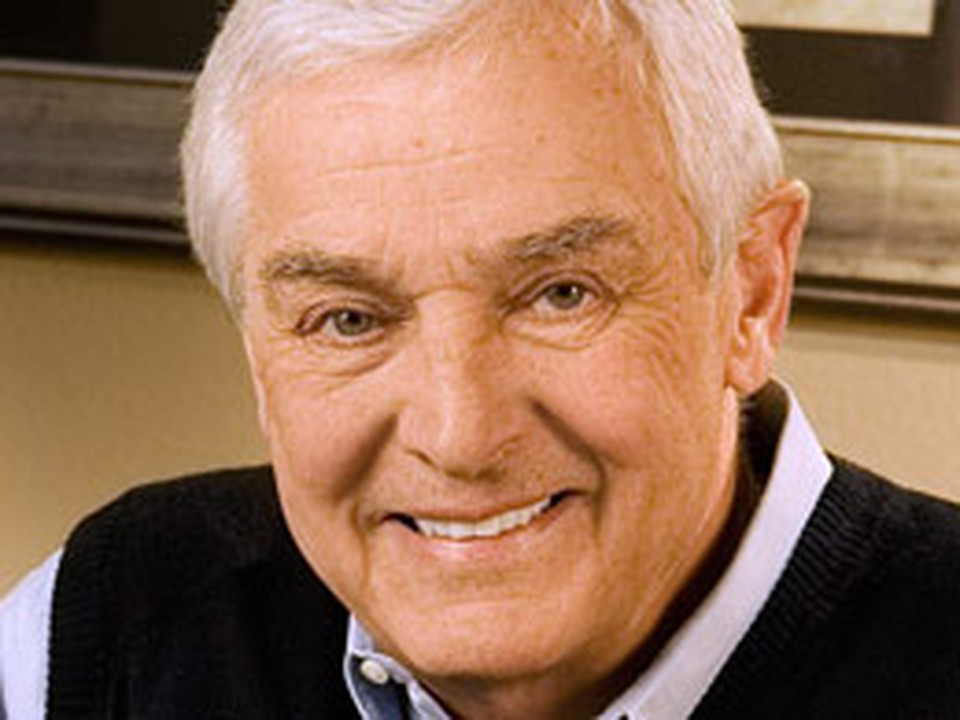The Legacy You Leave

Everyone passes through life leaving something behind. Most of us write a last will and testament to divide our material things. But that's not all we leave.
We also distribute our spiritual legacies throughout life. Our legacy is crafted moment-by-moment, day-by-day, as the sum of our life story weaves a biography. With that in mind, is your spiritual will in order?
The Final Curtain
Some of us will have the opportunity to tell our loved ones good-bye. If we were to know that death is imminent, we could prepare, leaving nothing important unsaid. Such final words from the heart can provide closure, they can teach valuable lessons, and they can help lay a course for the future. In biblical times, this final talk was called the "last charge."
But not all of us will have the opportunity to frame our last words. Even if we do, our words won't outshine the story written with our lives if they don't ring true to it. We start writing the story of our lives at birth. We write it on ordinary days and in routine moments, when it's not death that's occupying our minds but the business of living.
Good writers carefully study the direction their story is taking. They ask, "Am I illustrating the main points? Am I satisfied with the character development and plot progression?" Then, when every chapter is finihed, "Is there a consistent thread that runs throughout?"
Now is the time to examine our life-stories and evaluate our spiritual legacies. What is your life telling those around you today?
Show, Don't Tell
In I Kings 1:2 as King David was near death, he charged his son Solomon to "be strong, therefore, and prove yourself a man." But David didn't just tell Solomon to be courageous. He'd already modeled courage throughout his life. David's bravery as a shepherd boy against wild animals and even the giant Goliath was legendary. When encouraged to be strong, Solomon had David's real-life example to follow.
What are we teaching others by our daily example? Though we'll probably never fight giants, others are quietly taking note of the way we handle life’s challenges. They notice how we respond to adversity and the resources we draw from.
Leave a Lasting Imprint
In his last charge, David requested special kindness to the sons of a man who had helped him (I Kings 2:7). David left a legacy for Solomon to follow with this effort.
How are you demonstrating godly and compassionate treatment of others? One family I know takes their children on missions trips. They want to teach their kids that there is an entire world outside of their own culture, and they can touch that world for Christ. We can all make it our responsibility to display our compassion in a tangible way, to imprint a legacy of goodness on our children.
Don't Bury the Story
Of course, many of us will leave legacies in the pages of our lives that we'd rather left unread. In his final charge to Solomon, David made a reference that was a telling reminder of a sordid chapter in his life—his affair with Bathsheba and the murder of her husband, Uriah (I Kings 2:5,6).
Undoubtedly, David would have liked to re-write that chapter or delete it altogether. The rest of us have chapters we'd like to bury too, but others can learn more from the honest retelling of our mistakes than if we cover them up.
Live Happily Ever After
It's interesting that Solomon, in turn, passed on words of encouragement to his own son. The book of Proverbs was written by Solomon specifically to encourage his son to faith. As we are diligent to pass on our own spiritual legacies, our children will also emulate this practice, passing on godly character from generation to generation.
As time passes, most of us finally come to a point where we contemplate our legacies. What stories are we writing with our lives right now, today, one moment at a time? As we carefully pick our words and match them with our actions, our lives can have an impact far beyond the here and now.
Originally published September 23, 2002.







